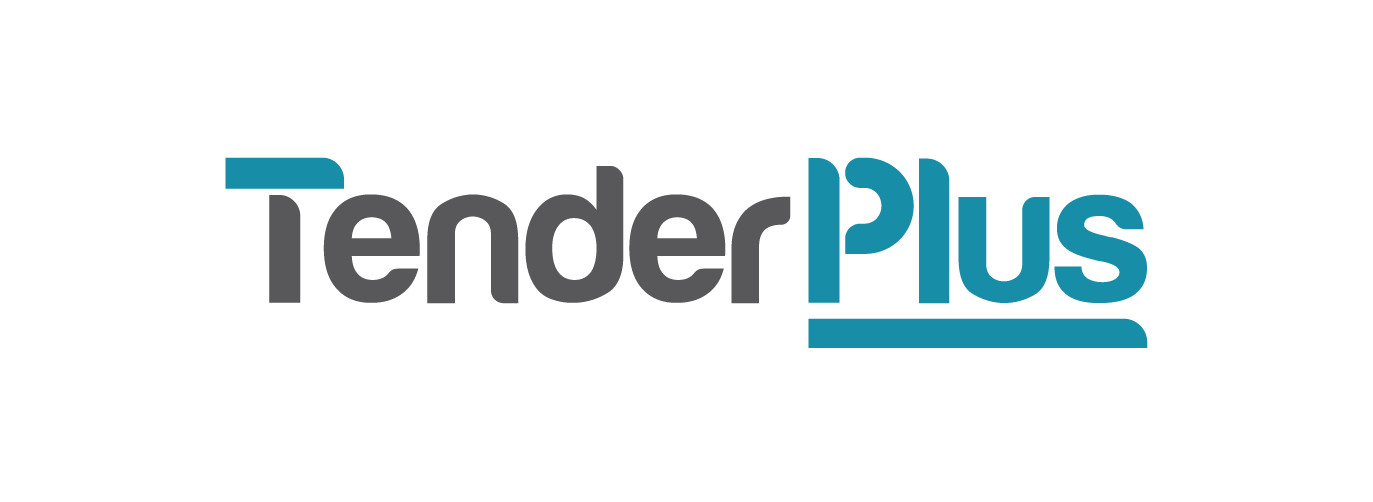5 tips for effective tender coordination
Callie Tripodi, Tender Specialist (Sydney)
So, you’ve been asked to coordinate the next tender process but unsure where to begin? Before we delve into how to ensure effective tender coordination, let’s begin with what it actually means to be a tender coordinator.
What is tender coordination?
As the coordinator, you are responsible for ensuring all individuals involved are aware of their role for the project and meeting all required milestones. You will be the go-to person, taking ownership of the tender process and ensuring all is delivered within tight deadlines, so it is imperative you have a deep understanding of the project requirements.
Now that we have a high level view of what the responsibilities of a tender coordinator are, let’s have a look below on the top 5 skills required to ensure effective tender coordination.
1. Communication
Communication is key in all aspects of the workplace, but it is essential within tender coordination. When liaising with your clients or team members ensure you relay clear and concise information so that each team member understands what is required.
Please remember to stay patient if some team members need a little more clarification. With the pressures of a new bid looming, some might require a different approach to understand what is being requested of them. This patient approach will not only create a better workplace dynamic within the team, but it will also ensure everyone successfully works together.
2. Be organised
Being organised will make your life exceptionally easier. The main role of a tender coordinator is to juggle and prioritise different work requests, so without being organised, you will struggle to effectively perform your duties.
We live within a digital world nowadays which makes being and staying organised that much easier. Make sure you utilise different tools you’re comfortable with which can assist in organising your workload, such as your calendar, spreadsheets and online programs such as Trello/Planner. You can set reminders in your calendar and Trello/Planner or implement a traffic light status within an excel spreadsheet to help track the progress of a particular task.
Remember if you remain organised, you will be more effective in leading and assisting your team with any questions or concerns they may have.
3. Set clear goals and objectives
Setting clear goals and objectives at the beginning of the tender process works effectively for both you and your team members. Running a project without having these outlined can be disastrous and lead to confusion.
An effective process to implement is conducting regular team meetings. This will ensure your team have a dedicated time to pose any queries and for you to address any items within the team in a safe environment.
Ensure you remain positive and foster an open and communicative workplace, so team members successfully deliver the requirements.
4. Understand what is required
As the tender coordinator, it is essential you have a strong knowledge and understanding of what the tender and client requirements are. The best way to assist with this is to have a copy of the evaluation criteria and any relevant specifications close by.
Having something to refer back to quickly will ensure you understand what is required and what the expectations are. This will also help form the basis for your message to evaluators and ensure all criteria have been met.
Throughout a bid, it is common to receive addenda and questions and answers (Q&A’s) which could impact your current response. Because of this, it is crucial to alert and forward key items to your team members and ensure they have familiarised themselves with the new information.
5. Learn from previous mistakes
Mistakes are what make us grow as professionals. They are not something to shy away from, but something to use to keep progressing and becoming a better version of ourselves. Yes, they can be embarrassing, but chances are you won’t want to make the same mistake again. Use this to your advantage to turn something negative into something positive.
There may have also been aspects of your previous coordinating experience that worked extremely well which you would also like to implement.
If this is your first time in a tender coordination role, take your previous tendering experience on board and improve on the processes which were not effective for you. This could be processes implemented by a previous coordinator/manager or even methods you observed which didn’t work.
The next time you’ve been placed into a coordination role, utilise the above skills to nail the task! For further information on specific actions or a more task based approach to tender coordination, please see the following link 5 Tips to Successful Tender Coordination | Tender Plus
Tender Plus provides successful tender consulting services to customers Australia wide, with offices in Sydney, Brisbane and Perth. To utilise our professional tender writing services, please visit our website here.
